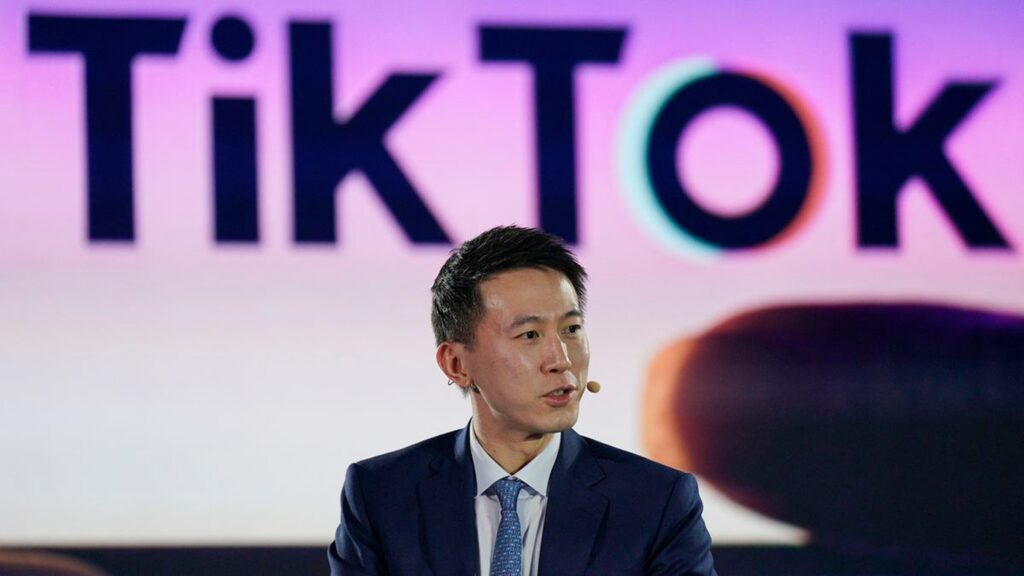TikTok’s CEO expressed confidence on Wednesday that the social media giant will emerge victorious in a legal battle against newly enacted legislation that President Joe Biden signed into law.
This legislation, according to CEO Shou Zi Chew, threatens to prohibit TikTok, a beloved short video app embraced by 170 million Americans, unless its China-based parent company, ByteDance, divests its U.S. assets within 270 days.
In a video released shortly after Biden’s signing, Chew reassured TikTok’s users, stating, “Rest assured – we aren’t going anywhere.”
He emphasized the company’s belief in its legal position, stating, “The facts and the Constitution are on our side and we expect to prevail again.”
Biden’s action establishes a deadline of January 19 for ByteDance to sell TikTok’s U.S. operations, with a provision allowing for a three-month extension if deemed necessary.
The White House has underscored concerns regarding Chinese ownership of the app, with spokeswoman Karine Jean-Pierre emphasizing, “We don’t want to see a ban.”
This move echoes Trump’s previous attempts to ban TikTok, thwarted by court rulings in 2020.
However, Trump has since shifted blame to Biden, accusing him of advocating for the ban.
Chew countered this, stating unequivocally, “Make no mistake – this is a ban on TikTok,” while affirming the company’s commitment to operate amidst the legal challenges.
Questions linger regarding potential buyers’ financial capabilities and the likelihood of regulatory approval for any sale.
The bill’s passage through Congress reflects bipartisan apprehension about data security and surveillance risks associated with Chinese-owned platforms like TikTok.
TikTok plans to contest the legislation on First Amendment grounds, with user support expected in legal efforts.
Yet, experts anticipate that this legislation strengthens the administration’s authority to enforce a ban if ByteDance fails to comply.
The bill’s impact extends beyond TikTok, empowering the White House to address security concerns posed by other foreign-owned apps.
Concerns persist among lawmakers regarding potential abuses of authority and implications for free speech.
As discussions unfold, considerations for the livelihoods of TikTok employees and broader economic ramifications are urged.
Meanwhile, political campaigns, including Biden’s re-election bid, navigate their stance on TikTok amidst evolving regulatory landscapes.
